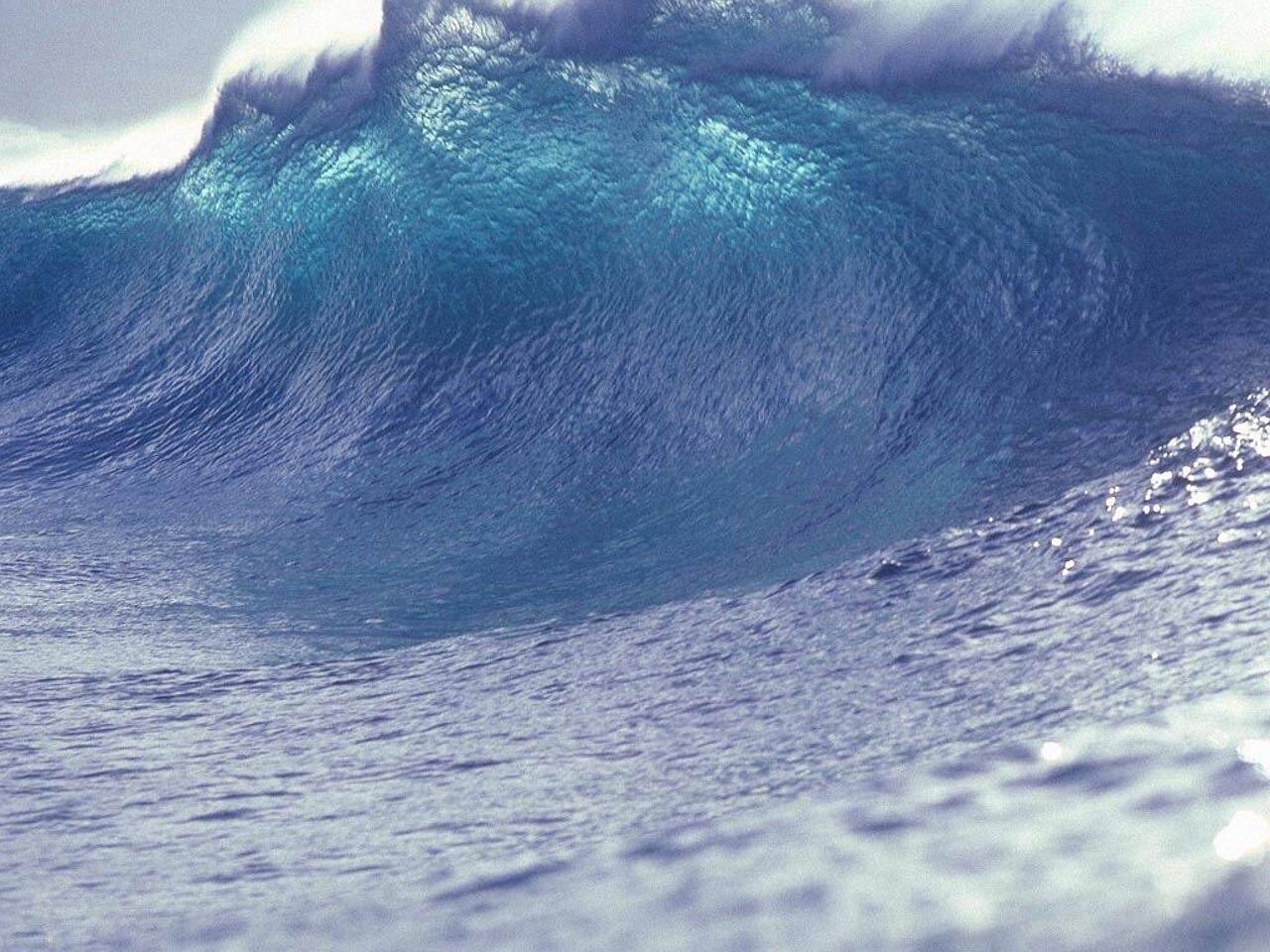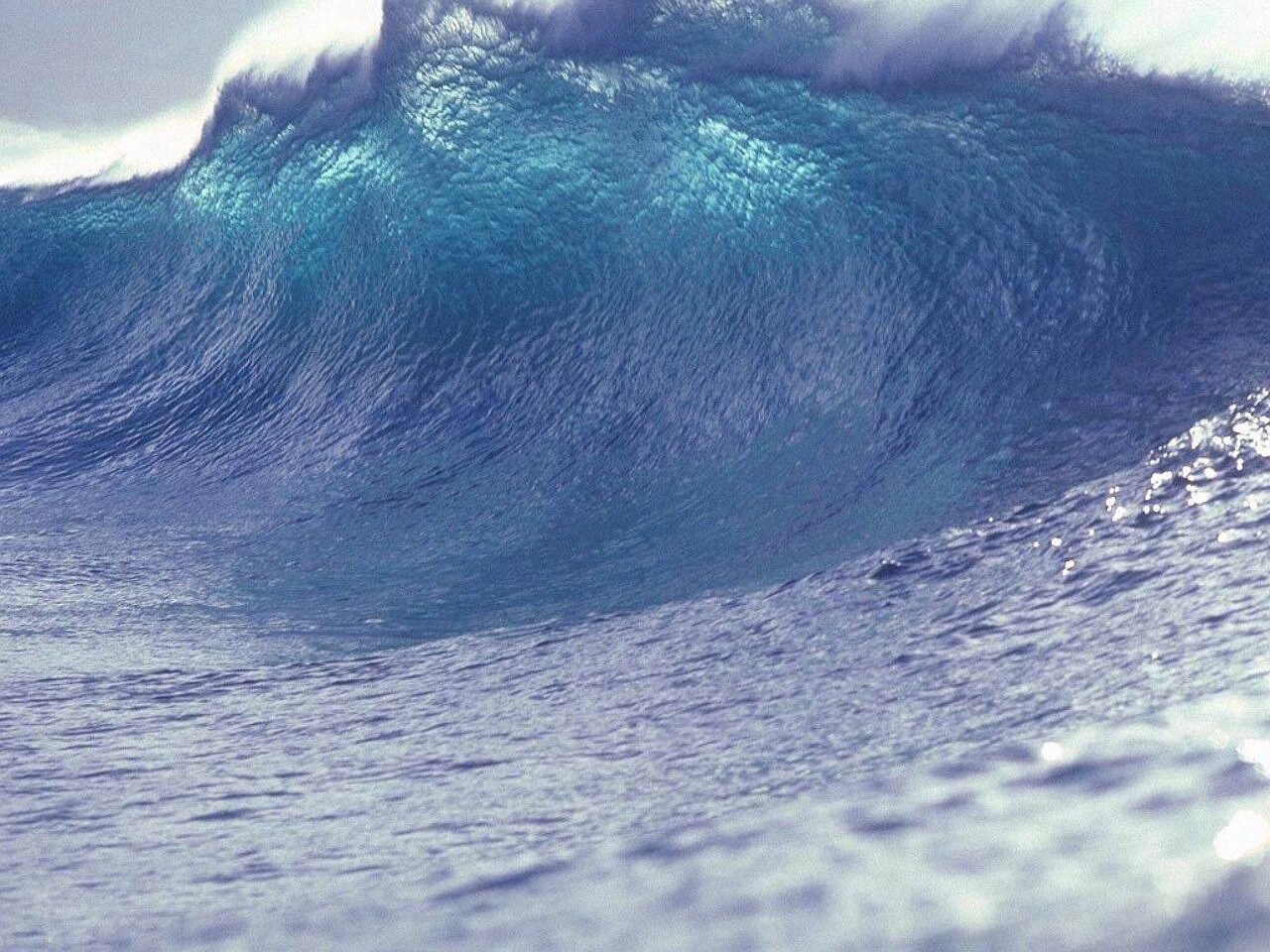California's Tsunami Preparedness: High-Risk Zones And Mitigation Strategies

Welcome to your ultimate source for breaking news, trending updates, and in-depth stories from around the world. Whether it's politics, technology, entertainment, sports, or lifestyle, we bring you real-time updates that keep you informed and ahead of the curve.
Our team works tirelessly to ensure you never miss a moment. From the latest developments in global events to the most talked-about topics on social media, our news platform is designed to deliver accurate and timely information, all in one place.
Stay in the know and join thousands of readers who trust us for reliable, up-to-date content. Explore our expertly curated articles and dive deeper into the stories that matter to you. Visit Best Website now and be part of the conversation. Don't miss out on the headlines that shape our world!
Table of Contents
California's Tsunami Preparedness: High-Risk Zones and Mitigation Strategies
California, with its extensive coastline, faces a significant threat from tsunamis. While a major event isn't frequent, the potential devastation necessitates robust preparedness. Understanding high-risk zones and implementing effective mitigation strategies are crucial for safeguarding lives and property. This article delves into California's tsunami risk, identifies vulnerable areas, and explores crucial preparedness steps.
Understanding California's Tsunami Risk
California's vulnerability stems from its location along the Pacific Ring of Fire, a highly active seismic zone. Subduction zone earthquakes—where one tectonic plate slides beneath another—off the coast of California or in the Pacific Ocean can generate powerful tsunamis. These waves can travel at incredible speeds, causing widespread destruction upon reaching the shore. While the state isn't as frequently impacted by large tsunamis as some Pacific Rim nations, the potential for catastrophic damage remains real. The 1964 Alaska earthquake triggered a tsunami that caused significant damage along the California coast, serving as a stark reminder of the potential threat.
High-Risk Zones in California
Several areas along California's coast are considered high-risk tsunami zones. These include:
- Northern California: Areas near Humboldt Bay, Crescent City, and Mendocino County are particularly vulnerable due to their proximity to subduction zones and the potential for locally generated tsunamis.
- Central California: Coastal communities in Monterey Bay and Santa Cruz are at risk, with potential for inundation depending on the tsunami's size and origin.
- Southern California: While seemingly less prone to large tsunamis, coastal areas in Los Angeles, Orange, and San Diego counties still face a threat, particularly from distant-source tsunamis.
Effective Mitigation Strategies: Preparing for the Inevitable
Effective tsunami preparedness involves a multi-pronged approach:
1. Develop a Family Emergency Plan: This is paramount. Your plan should include evacuation routes, meeting points, communication strategies (consider a family communication plan), and emergency supplies. Know your evacuation zone—you can find this information on the .
2. Understand Warning Systems: Familiarize yourself with tsunami warning sirens and the . Download emergency alert apps to receive timely notifications on your phone.
3. Prepare an Emergency Kit: Stock up on essential supplies including water, non-perishable food, a first-aid kit, medications, flashlights, batteries, and a portable radio. Consider including important documents in a waterproof container.
4. Know Your Evacuation Route: Identify multiple escape routes from your home and workplace. Practice these routes with your family. Higher ground is your best defense. Understanding vertical evacuation strategies is critical for coastal communities.
5. Strengthen Coastal Structures: Building codes in high-risk areas are increasingly stringent, emphasizing tsunami-resistant construction. Homeowners in vulnerable locations should consult with engineers and contractors to assess and improve the structural integrity of their homes.
6. Participate in Community Drills: Regularly participating in community tsunami drills helps familiarize yourself with evacuation procedures and reinforces preparedness.
7. Educate Yourself and Others: The more informed you are, the better prepared you will be. Share this information with your family, friends, and neighbors.
Conclusion:
While the frequency of major tsunamis affecting California is low, the potential for catastrophic damage remains a significant concern. By understanding high-risk zones, developing a comprehensive emergency plan, and implementing effective mitigation strategies, Californians can significantly reduce the impact of a future tsunami. Proactive preparedness is the key to minimizing loss of life and property. Staying informed and engaged in community preparedness efforts is crucial for building a more resilient California.

Thank you for visiting our website, your trusted source for the latest updates and in-depth coverage on California's Tsunami Preparedness: High-Risk Zones And Mitigation Strategies. We're committed to keeping you informed with timely and accurate information to meet your curiosity and needs.
If you have any questions, suggestions, or feedback, we'd love to hear from you. Your insights are valuable to us and help us improve to serve you better. Feel free to reach out through our contact page.
Don't forget to bookmark our website and check back regularly for the latest headlines and trending topics. See you next time, and thank you for being part of our growing community!
Featured Posts
-
 California Tsunami Predicting The Areas Of Greatest Impact
Jun 09, 2025
California Tsunami Predicting The Areas Of Greatest Impact
Jun 09, 2025 -
 Second Death Confirmed After M4 Minibus Accident Near Reading
Jun 09, 2025
Second Death Confirmed After M4 Minibus Accident Near Reading
Jun 09, 2025 -
 2024 Ncaa Baseball Super Regional Bracket Complete Schedule And Games
Jun 09, 2025
2024 Ncaa Baseball Super Regional Bracket Complete Schedule And Games
Jun 09, 2025 -
 Anchorage Hosts Film Production Starring Dakota Fanning And Jake Johnson
Jun 09, 2025
Anchorage Hosts Film Production Starring Dakota Fanning And Jake Johnson
Jun 09, 2025 -
 Red Sox Rookie Retirement Before Yankees
Jun 09, 2025
Red Sox Rookie Retirement Before Yankees
Jun 09, 2025
Latest Posts
-
 September Start Date Announced For Trumps 200 Million White House Ballroom
Aug 03, 2025
September Start Date Announced For Trumps 200 Million White House Ballroom
Aug 03, 2025 -
 Pattinson Out James Gunn Clarifies Dcu Batman Casting Speculation
Aug 03, 2025
Pattinson Out James Gunn Clarifies Dcu Batman Casting Speculation
Aug 03, 2025 -
 Norris Fastest In Hungarian Gp Practice A Strong Start For Mc Laren
Aug 03, 2025
Norris Fastest In Hungarian Gp Practice A Strong Start For Mc Laren
Aug 03, 2025 -
 White House Ballroom Renovation 200 Million Project Begins This September
Aug 03, 2025
White House Ballroom Renovation 200 Million Project Begins This September
Aug 03, 2025 -
 X Qc Vs Kai Cenat Who Reigns Supreme In Streaming Net Worth
Aug 03, 2025
X Qc Vs Kai Cenat Who Reigns Supreme In Streaming Net Worth
Aug 03, 2025
